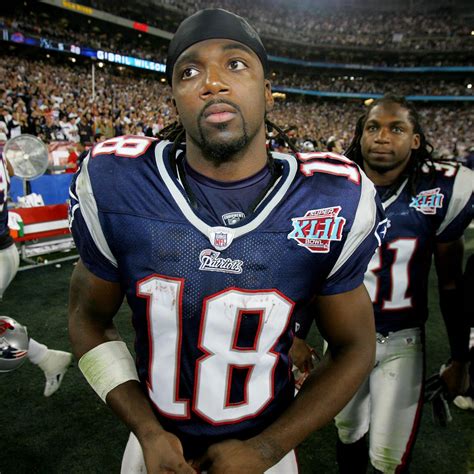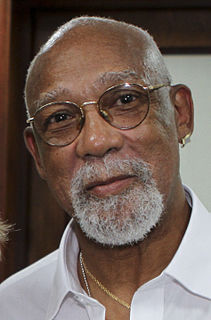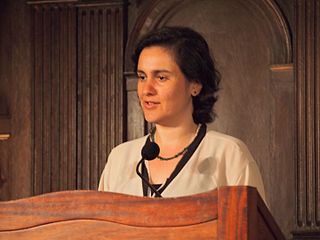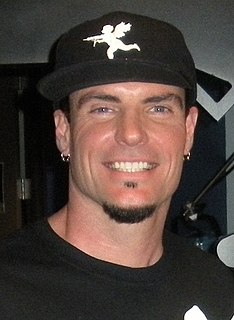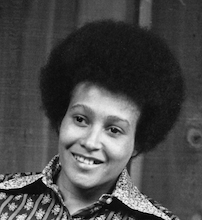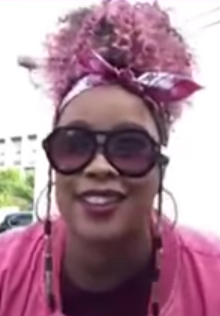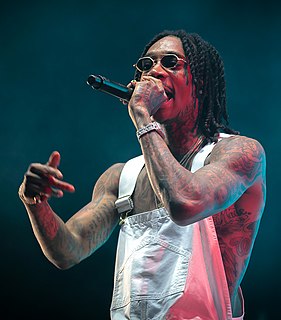A Quote by Eminem
When you're a little kid, you don't see color, and the fact that my friends were black never crossed my mind. It never became an issue until I was a teenager and started trying to rap.
Related Quotes
I've never thought that I would see any man of color, not just a black president, but any man of color, I never thought that I would live to see that. I thought maybe my grandchildren would, but I never thought I would. So when Barack Obama first started to run I was like, "I've never heard of this guy - he probably doesn't have a shot." But then he started picking up steam and that piqued my interest.
Let's start with the black glove. We felt it necessary being the fact that the Olympic Games, for the first time ever [in 1968], had been televised worldwide. The second thing is the fact that it was in Technicolor. Never had the games been shown in color before.We wanted it to be understood that we were representing America, but we were representing Black America in particular, so that's why we put the black glove on.
I take every role seriously. Personally, I never look at any role as Michael White. I've done that my entire life. I've never excluded myself because of color. It's never been part of the radar, when I look at anything I do. The majority of the roles that I've played have had very little to do with being black. It doesn't matter what color you are.
When I was a little kid, if somebody said they were thirty-five, I'd say "Oooh, they're going to die soon". But as I get older it doesn't mean a thing. You mustn't ever give in. Never give in to thinking you're old, because you're never old. Your mind, and I tell you this and listen to me carefully, your mind is never, ever old, it's eternally young.

